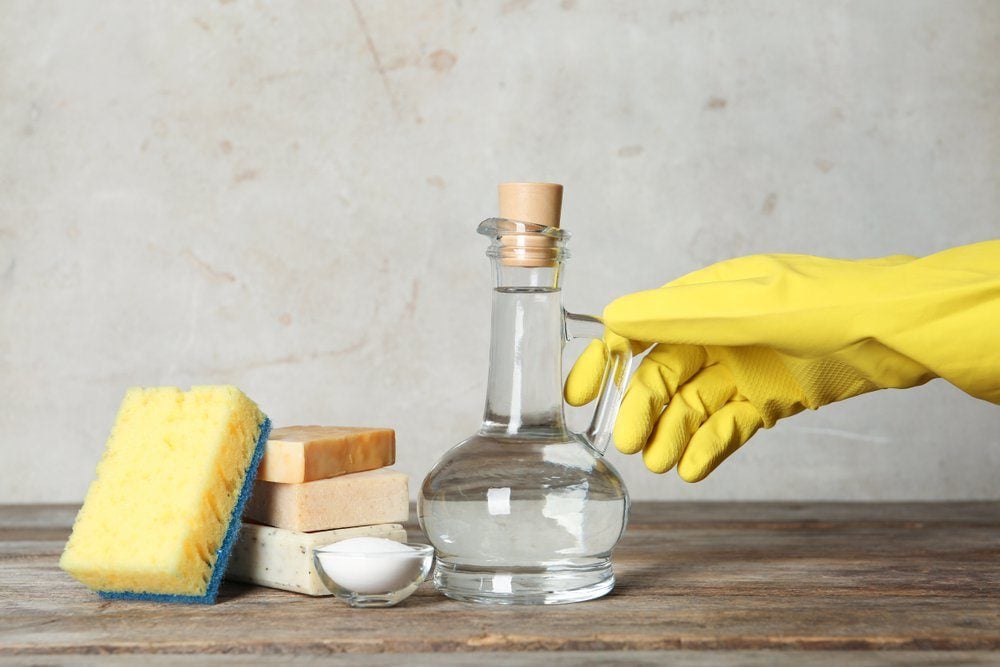What Is Cleaning Vinegar and How to Use It
Find out why cleaning vinegar is better than white vinegar for household chores.
Our editors and experts handpick every product we feature. We may earn a commission from your purchases.
You probably know by now that everyday white vinegar is an effective natural cleaner to use in the home. But you may have also noticed a product labeled “Cleaning Vinegar” on the store shelf. It can tackle just about any dirty, grimy or dusty job in your home. At about $3 to $4 dollars a gallon, it’s extremely affordable. And just like other types of vinegar you’re used to, it’s nontoxic and environmentally friendly. Most brands earn the top safety rating from Environmental Working Group.
On This Page
Is There a Difference Between Cleaning Vinegar and White Vinegar?
The reason cleaning vinegar is more effective than white vinegar comes down to acidity level. The acid in vinegar is what cuts through grease and grime, removes sticky residue and fights soap scum. White vinegar has 5 percent acidity; while cleaning vinegar, on the other hand, has 6 percent. Although it’s only a one percent difference in acidity, it actually results in a 20 percent difference in strength.
How to Use
Cleaning vinegar can be used undiluted or mixed with water, depending on the job. For tough stains on fabric furniture or clothes, use it alone on a sponge or rag to wipe away the spot. (Spot test a small area first, as vinegar is too strong for some delicate fabrics.) Undiluted, it can irritate your skin or nails, though, so be sure to wear gloves.
For everyday jobs, diluted cleaning vinegar will get the job done. Make an all-purpose cleaner by combining two-parts vinegar and one-part water in a spray bottle. If you don’t like the smell, you can add a few drops of your favorite essential oil. This DIY cleaner is great for countertops, sinks, bathrooms, stainless steel appliances, and even windows. If you have an extra dirty job to tackle, like a greasy stove top, use the same spray bottle solution but add one tablespoon of dish soap for extra cleaning power; then shake to combine.
When Not to Use Cleaning Vinegar
It’s safe to use cleaning vinegar almost anywhere, but because of its strong acidity; it can cause damage to some surfaces. It is not recommended to use any vinegar on natural stone, waxed wood, cast iron or aluminum.
While it’s true that undiluted cleaning vinegar is great for killing some germs, including E. coli, be cautious when using it for disinfectant purposes. Vinegar is not recommended as a disinfectant by the Centers for Disease Control and Prevention because it’s ineffective at getting rid of some types of harmful bacteria, such as Salmonella.
Where to Buy
You can find cleaning vinegar at home improvement and discount stores and at many grocery stores, right next to the white vinegar. There’s no difference between the generic store brand, or name brands, like Heinz. You can also purchase it on Amazon.




